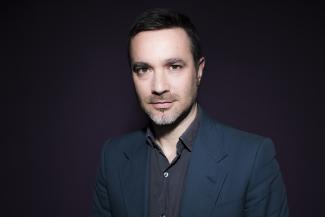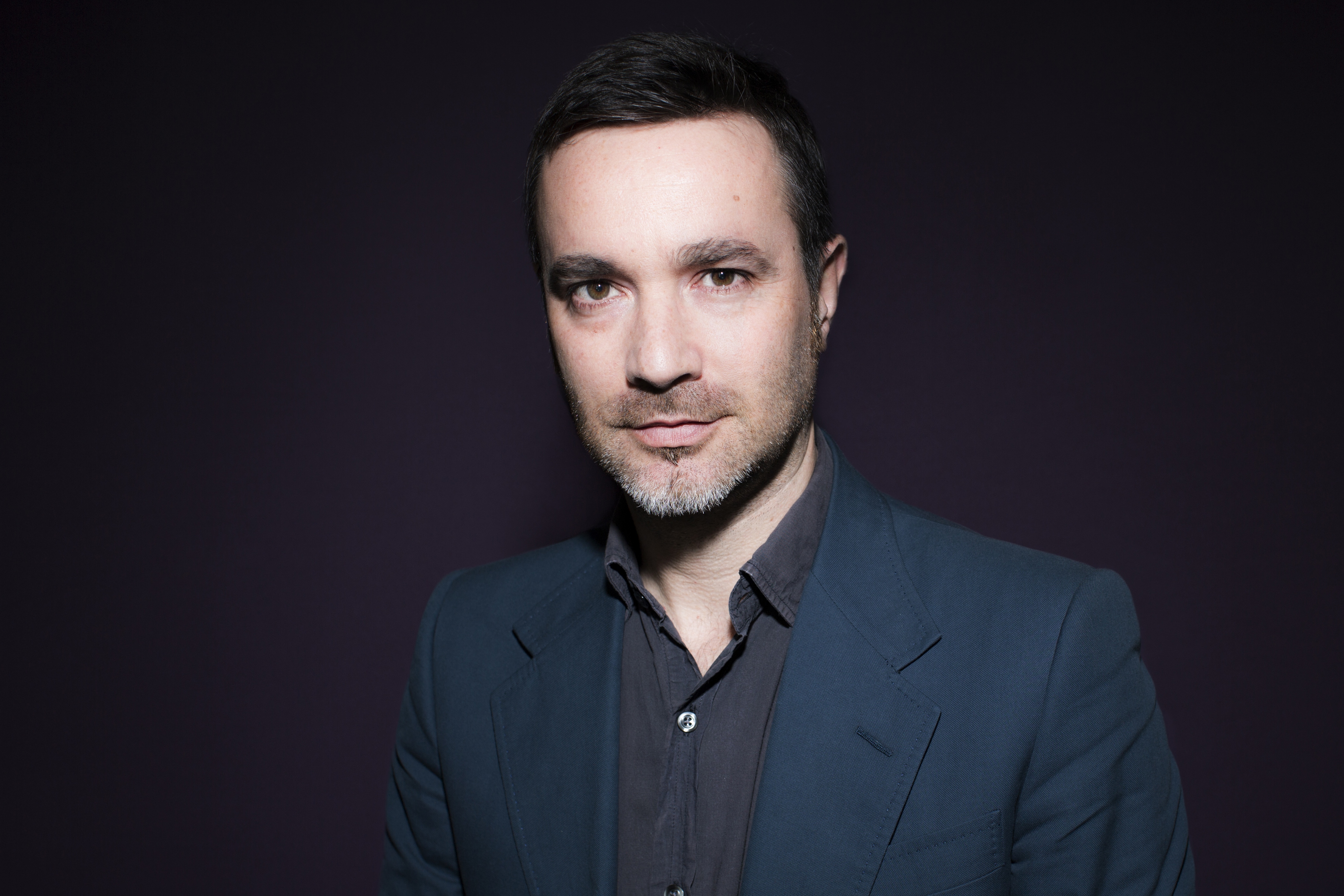Family Reunion, Regularisation, Co-Development: Is the "European Pact on Immigration and Asylum" still useful?

Practical information
Conference with Thomas Huddleston, Policy Analyst, Migration Policy Group, and Henry Marti-Gauquié, Director, Liaison with International Organizations, European Investment Bank Group Representative in Paris. Chaired : Christophe Bertossi, Senior Research Fellow, Head of the "Migrations, Identities, Citizenship" at Ifri.
The "European Pact on Immigration and Asylum" was adopted by the European Council at the end of the French EU Presidency in October 2008. By then, it was conceived by European leaders as the solution to the problems of a European migration policy. Only few months later, it seems that this Pact is not really viewed anymore as an actual basis for the future of common migration policies in Europe. While the "The Hague Programme" is ending in 2009, the European Commission is now finalising the next pluri-annual policy programme that will be presented under the Swedish Presidency (called "Stockholm Programme"). In this context, what is the usefulness of the French Presidency's European Pact? Can it be seen as a founding framework for the future of European migration policies? Was it merely a tool of political communication? These questions are addressed from a threefold perspective: family reunion policies; policies to address irregular migrants; co-development.
Speakers
Other events

From Ambition to Action: Exploring Technological Partnerships with India
The 16th EU-India Summit, held on January 27th in New Delhi with European leaders António Costa, Ursula von der Leyen, and Prime Minister Narendra Modi, marks a significant milestone in deepening EU-India relations. At the same time, official bilateral visits from EU member states are on the rise, including that of the French President, who visited India in February to participate in the Artificial Intelligence Summit. As India asserts its technological ambitions and seeks to reduce its dependence on China, Europe is stepping up its efforts to diversify its strategic partnerships.

The Enlargement of the European Union: A Strategic Choice? France, the Western Balkans and the EU in an Uncertain Geopolitical Context
Russia’s war against Ukraine has brought the enlargement of the European Union back to the centre of European strategic debates. In this context, the Western Balkans have regained heightened visibility in discussions on the continent’s security, at a time when the international environment is marked by a growing number of destabilising factors.








